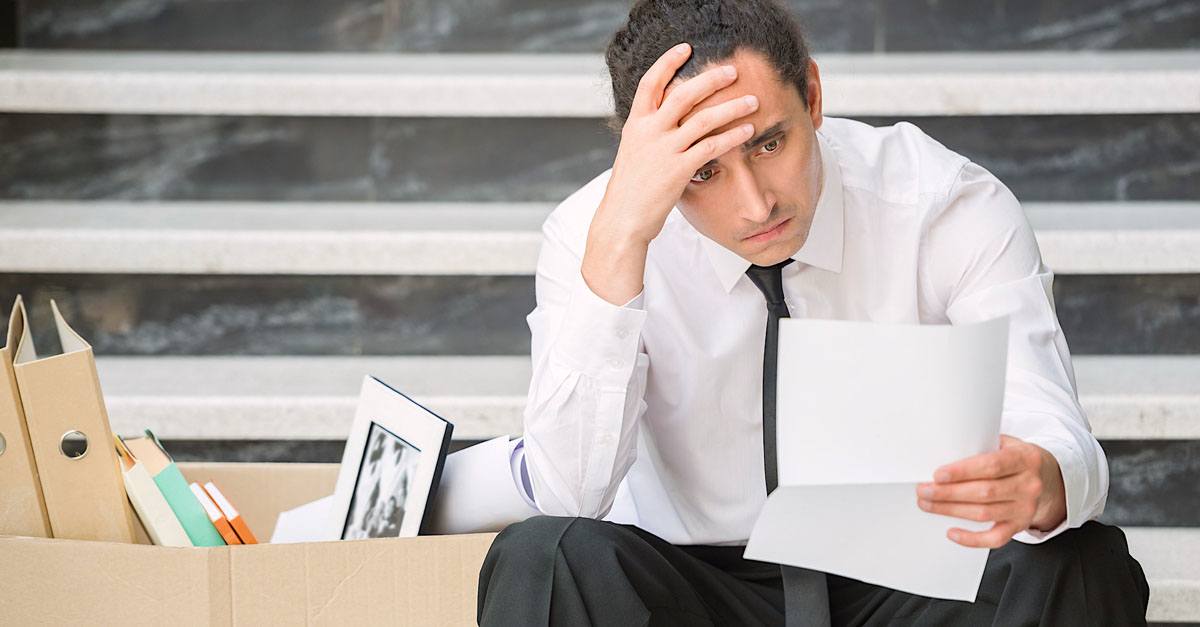Second Chance Law

The Second Chance Law or Law 25/2015 of June 28 tries to be an administrative process that allows a natural person to cancel their debts by law, as long as it meets a series of requirements that we will proceed to discuss throughout this article.
In other words, it is a law that is established as a tool available to individuals and the self-employed to leave behind a complicated economic situation and thus be able to alleviate as far as possible the financial burden. The means of achieving this is the renegotiation of new conditions with creditors so that the affected person can meet their necessary expenses. Thus, thanks to this law, families and the self-employed will be able to enter a process very similar to the contest of creditors for companies.
Requirements necessary to benefit from the Second Chance Law
The requirements that are necessary to be able to benefit from said law are mainly two:
The first one consists of trying to prove that the debtor cannot meet his debts. To do this, they must prove that all the assets have been liquidated and that everything possible has been paid to the debtors, that is, the applicant cannot have money or any assets present to be able to meet their debts.
The second requirement will be to demonstrate the existence of good faith. This requirement can become conflictive because it can give rise to double interpretations. Therefore, in order to verify the good faith on the part of the debtor, he must comply with a series of conditions which would be:
- Having negotiated and tried to reach an agreement with the creditors of the debt before taking advantage of the Law.
- You have not voluntarily caused your insolvency situation to take advantage of this Law. This would be the equivalent of declaring the bankruptcy as guilty in the qualification piece.
- It has not benefited from this same Law in the previous ten years.
- Has not committed financial crimes of any kind.
- You have not refused a job “according to your abilities”.
After having verified that the individual or businessman meets the requirements set forth above, they may benefit from the Second Chance Law, but before they must follow a series of steps or phases:
A · An out-of-court payment agreement must be entered into so that the different benefits of the Law can be applied to the debtor.
The out-of-court agreement consists of an out-of-court mediation system that is initiated through a notary, who will promote the debtor’s negotiations with his creditors or, if necessary will designate a bankruptcy mediator to do so, whose purpose is to restructure the debt through proposals that may include write-offs (without limitation) and waits (with a maximum of ten years) for the payment of the credits.
The novelty of the extrajudicial agreement in the Second Chance Law is due to the fact that it grants the possibility of entering into the same agreement to non-entrepreneurial individuals, since this system existed previously for the self-employed.
The maximum term granted by law for the approval of the agreement is two months and during these months the creditors may not initiate or continue judicial enforcement proceedings, in addition the debtor may request the cancellation of embargoes.
For the agreement to be considered approved and to be binding on all creditors, the favorable vote of 75% of the liabilities will be required, if the proposal includes waits of more than five years and discounts of more than 25%. While, if you remove them and wait they are less than the above, only the favorable vote of 60% of the liabilities will be necessary.
In the event that this agreement is not approved due to lack of understanding between both parties, the second phase will begin to obtain the second opportunity.
B The second phase is called consecutive bankruptcy, in which, after the out-of-court payment agreement has not been approved, the consecutive bankruptcy begins which will begin before the commercial judge of the debtor’s domicile in order to proceed with the orderly liquidation of the debtor’s assets.
Once the debtor’s assets have been liquidated, regardless of whether they have it or not, the judge will proceed to issue the corresponding bankruptcy order and simultaneously the conclusion due to insufficient active mass.
What debts can be canceled
Now, which debts can be canceled and which ones cannot through the Second Chance Law?
You can cancel those debts that are pending after an auction or after the execution of a property. According to Spanish law, if enough money is not obtained to pay off the mortgage once the house is sold, the remaining amount will still be due to be paid with future assets and rents. But thanks to the Second Chance Law, this situation is put to an end, since 100% of the debt would be cancelable by applying a de facto dation in payment. The de facto dation in payment means that once the home has been delivered, the debtor may be exonerated from paying the remaining amount of his mortgage.
On the other hand, the debts that cannot be canceled are those that have been contracted with public organizations such as Social Security or the Tax Agency and for food rights.
In short, anyone who takes advantage of the Second Chance Law obtains significant benefits, which would be:
- Be able to request financing again.
- Disappear from delinquency lists.
- Go back to having credit cards.
In short, start a new life.
Cristina María Herrería Moss
Member of the Commercial Law Department
10/04/2019
ty” class=”” id=”” animation_type=”” animation_direction=”left” animation_speed=”0.3″ animation_offset=”” /][/fusion_builder_column][/fusion_builder_row][/fusion_builder_container]






